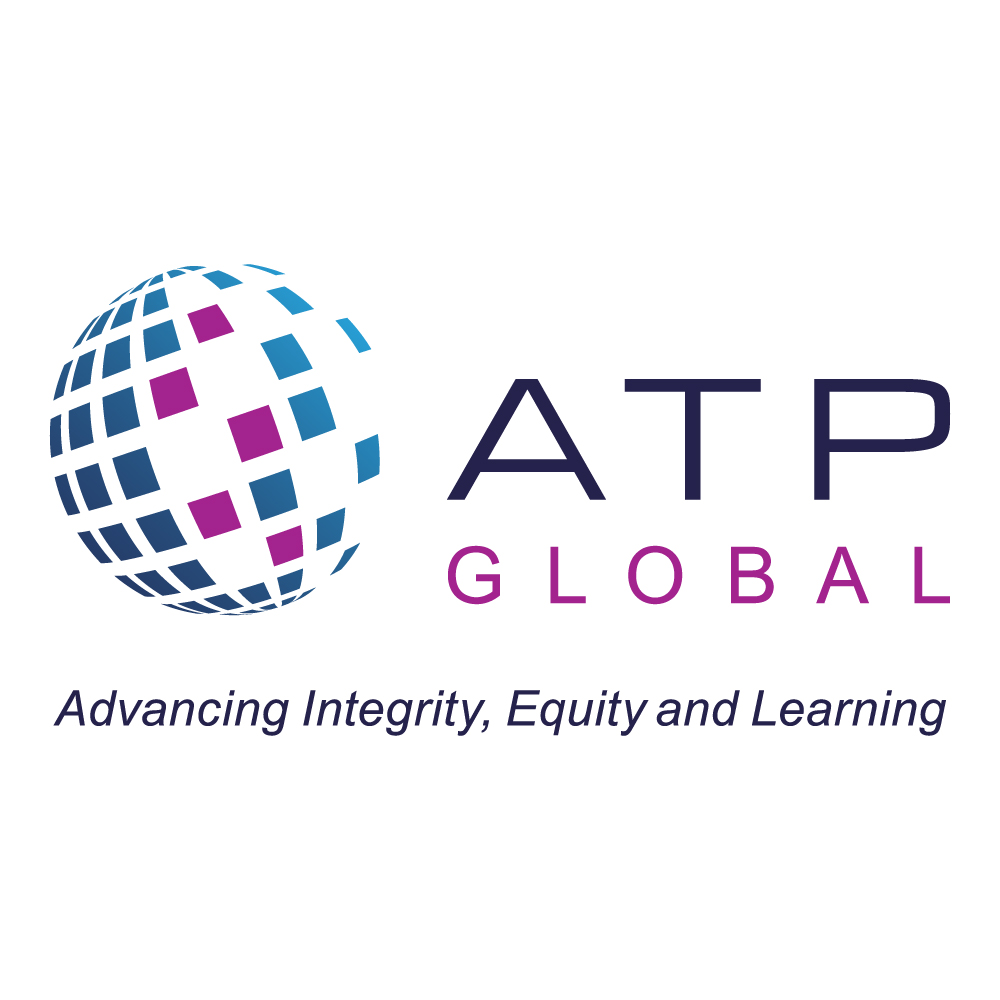|
LEGAL LEGISLATIVE ARCHIVES
Educational Appropriations Bill FY 2019: ATP General Counsel Alan Thiemann reported that the U.S. Senate passed a bill in August that includes funding for the Department of Education. The Senate bill increases FY’19 federal spending in education by about $500 million, up to a total of about $71.6 billion, including for Title I, IDEA, and Pell Grants. Read memo here. California has passed a Consumer Privacy law that is scheduled to go into effect on January 1, 2020. ATP's General Counsel Alan Thiemann noted that this new law grants consumers unprecedented control over their personal information used by companies for marketing. Amendments to the law were made in September, including delaying the effective date until July 1, 2020, although the state Attorney General will be issuing regulations that require companies to demonstrate efforts to comply by January 1. He noted that many consider this legislation as opening the door for GDPR-like privacy regulation in the United States and that the Internet Association (whose members include Microsoft and Google) has come out in favor of national legislation in order to avoid piecemeal regulation of privacy at the state level. Thiemann said that ATP will closely monitor future developments in order to provide testing organizations with up-to-date information on this important topic. Read memo here. ATP and Credentialing Community Coalition Put a Stop to Potentially Damaging Legislation in Louisiana The Association of Test Publishers, along with a coalition of certifying organizations, were able to "take the teeth" out of an initiative moving through the Louisiana state legislature which would have been damaging to the Certification industry. ATP General Counsel Alan Thiemann reported that Louisiana House Bill 748, as originally introduced, would have banned the use of the term "certification" by individuals, thereby having a negative impact on voluntary credentialing bodies. He said that ICE, ATP, and several other certification groups quickly put together a coalition to in order to better educate the Louisiana legislature regarding the damaging effect that the initiative would have for individuals as well as for the certification industry. As a result of the coalition's action, the Senate amended the bill to remove all problematic references to limits on certification. "The bill which ultimately passed," Thiemann noted, "is no longer a threat to the industry." He added that a related bill, HB 378, was also amended to remove all references to the term “certification,” other than to say that “nothing shall be construed to restrict a licensing board from requiring, as a condition of licensure or renewal of licensure, obtaining/maintaining credentials from an organization that credentials individuals in the relevant occupation, field, or industry.”ATP has started working through the Certification/Licensure Division and the Workforce Skills Credentialing Division to prepare a position paper for use in other states that may be considering similar legislation. ATP Takes Active Role in the Reauthorization of the Every Student Succeeds Act (ESSA)Three sets of comments submitted in July and September of 2016 outline the concerns of ATP's Education Division members in regard to the reauthorization of the Every Student Succeeds Act (ESSA) by the U.S. Congress. The ESSA has its roots in the Elementary and Secondary Education Act which was previously reauthorized in 2002 as the No Child Left Behind (NCLB) Act, and in 2015 as the Every Student Succeeds Act. The ESSA is the main federal law supporting K–12 public education in the United States. Actions taken by ATP included submitting comments to the U.S. Department of Education in July which addressed concerns about the proposed accountability regulations under ESSA, such as N-size and Opt Out provisions. Additional comments were submitted to the Department of Education in September on the proposed ESSA assessment regulations, including observations about innovation, quality, the requirement for universal design, evidence, multiple measures, peer review, and alternate assessments and accessibility issues. Also in September, ATP submitted comments that addressed the proposed regulations developed to implement the innovative assessment demonstration authority provision in the ESSA. ATP's Legislative Counsel Alan Thiemann emphasized the importance of ATP members developing a consensus and submitting comments in a unified voice “which will make a greater impact as we move forward through this process." [Click here to read a full article regarding these comments.] Legal Alert -- Court case: Judge in Denver, CO rules Denver Employment test discriminated against 912 minority applicants, Platintiff attorney predicts the ruling will cost the city millions of dollars in damages. Read news article here. Read court notification here. ATP SUBMITS COMMENTS TO APA! ATP Recently submitted comments on the Proposed Professional Practice Guidelines for Occupationally-Mandated Psychological Evaluations. Click here to download a copy of the comments. Target Corporation to Pay $2.8 Million to Resolve EEOC Discrimination Finding Company's Former Use of Pre-Hire Employment Assessments Discriminated Based on Race and Sex and Violated the ADA, Federal Agency Found Target Corporation, which is headquartered in Minneapolis, has agreed to pay $2.8 million to resolve a Commissioner's charge of discrimination which was investigated in the Minneapolis Area Office of the U.S. Equal Employment Opportunity Commission (EEOC). Based on the investigation, EEOC found reasonable cause to believe that three employment assessments formerly used by Target disproportionately screened out applicants for exempt-level professional positions based on race and sex. The tests were not sufficiently job-related and consistent with business necessity, and thus violated Title VII of the Civil Rights Act of 1964, EEOC found. Click here to download .pdf of Press Release EEOC Sues New Mercer / Columbine Health Systems for National Origin Discrimination Warns employers: Employers should validate employment tests to ensure the test is accurately measuring job-related functions. Click here to download .pdf of EEOC Press Release.
MARIJUANA NOT AS LEGAL AS IT APPEARS Despite the decriminalization of marijuana in a number of jurisdictions (Alaska, Colorado, District of Columbia and Oregan) which has been watched closely by ATP's Industrial/Organizational Division insofar is it impacts employment, ATP General Counsel David Arnold of Wonderlic Corp., recently urged caution in jumping to any conclusions about what may or may not be legal in the workplace. Dr. Arnold pointed to a recent opinion of the Colorado Supreme Court which upheld a Court of Appeal's opinion that an employer rightfully, and lawfully, discharged an employee for his use of medical marijuana at home and during non-work hours. The employee argued that his medicinal use was protected under state law. However, the court pointed out that it is not so under federal law. In upholding the lower court's decision, and the discharge of the employee, the Supreme Court decision noted "employees who engage in an activity such as medical marijuana use that is permitted by state law, but unlawful under federal law, are not protected by the statute." Download the court opinion here: marijuana update.pdf Canada's Anti-spam Law (CASL) became effective July 1, 2014 and is one of the toughest of its kind in the world. Click on the link and read about this new law that targets electronic communication: CASL |



